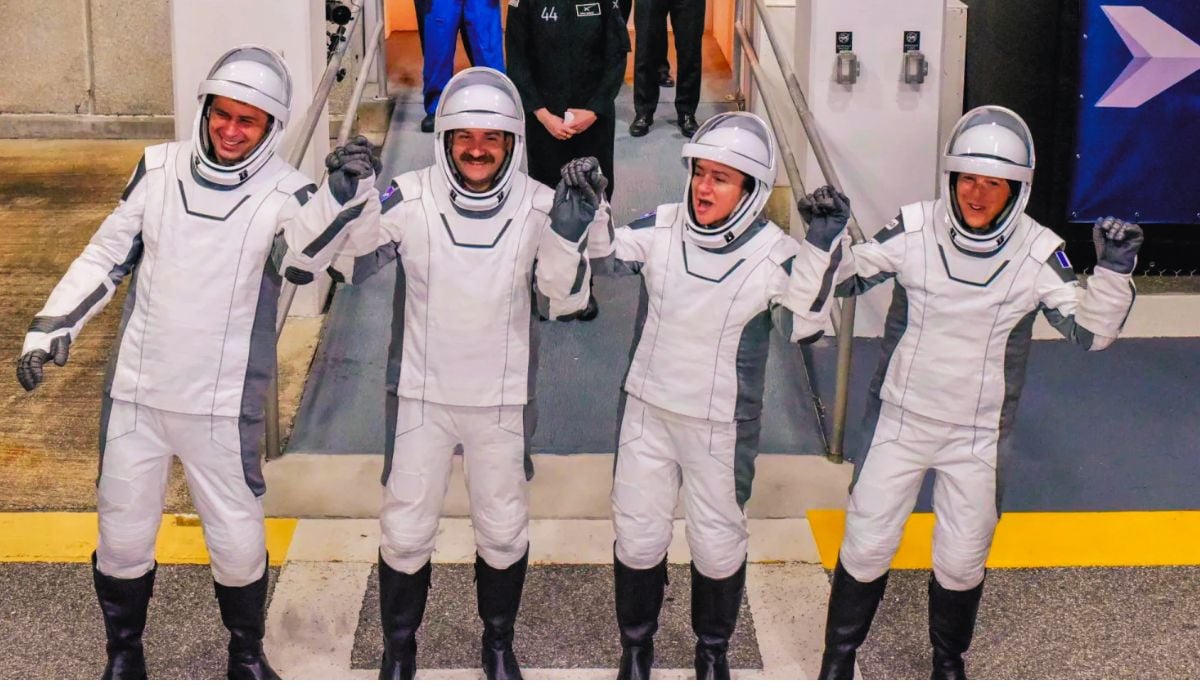Maryland's Lawrence Faucette passes away month after pig heart transplant operation
Maryland researchers successfully transplanted a pig's heart into a dying man last year, setting a record in the process
About six weeks after the extreme experimental procedure, the second person to receive a transplanted pig heart passed away, as per a statement made by his Maryland doctors on Tuesday.
On September 20, Lawrence Faucette, 58, who was dying of heart failure and not qualified for a conventional heart transplant, received the genetically altered pig heart.
The University of Maryland School of Medicine reports that although the heart had appeared healthy during the first month, it had recently started to exhibit symptoms of rejection. Monday was Faucette's death.
In a statement released by the hospital, Faucette’s wife, Ann, said her husband “knew his time with us was short and this was his last chance to do for others. He never imagined he would survive as long as he did."
The Maryland researchers successfully transplanted a genetically modified pig's heart into a dying man last year, setting a record in the process. Although the exact cause of David Bennett's heart failure is unknown, the organ eventually showed evidence of a pig virus. David Bennett lived for two months before the heart collapsed. Before the second trial, improvements were made based on the lessons learned from the first one, such as improved virus testing.
“Mr Faucette's last wish was for us to make the most of what we have learned from our experience,” Dr Bartley Griffith, the surgeon who led the transplant at the University of Maryland Medical Centre, said in a statement.
For many years, attempts to transplant organs from animals to humans, or "xenotransplants," have been unsuccessful since the recipient's immune system rejected the foreign tissue right away. Currently, researchers are attempting once more to create more human-like organs in pigs through genetic modification.
Out of choices and wanting to spend a little more time with his family, Faucette, a father of two from Frederick, Maryland, a Navy veteran, went to the Maryland hospital after being denied a standard heart transplant due to other health issues.
The hospital declared in mid-October that Faucette had regained his ability to stand, and they made available a video of him exerting himself greatly in physical therapy to obtain the power required to try walking again.
Leading expert in cardiac xenotransplantation, Dr Muhammad Mohiuddin, stated that while the team continues researching pig organs, they will examine what transpired with the heart.
Many scientists believe that in the far future, xenotransplants will be able to make up for the severe lack of human organ donors. A nation's transplant waiting list is over 100,000, the majority of whom are in need of kidneys, and thousands of them will perish in the process.
In an attempt to gather sufficient information for the Food and Drug Administration to approve official xenotransplant research, a few scientific teams have tested pig kidneys and hearts in monkeys and in human donor bodies.
-
5 celebrities you didn't know have experienced depression
-
‘Smiling electrons’ discovered in Earth’s magnetosphere in rare space breakthrough
-
Late James Van Der Beek inspires bowel cancer awareness post death
-
Archaeologists unearthed possible fragments of Hannibal’s war elephant in Spain
-
Bella Hadid talks about suffering from Lyme disease
-
Gwyneth Paltrow discusses ‘bizarre’ ways of dealing with chronic illness
-
Halsey explains ‘bittersweet’ endometriosis diagnosis
-
NASA's Hubble Space Telescope discovers ‘Dracula Disk', 40 times bigger than solar system












